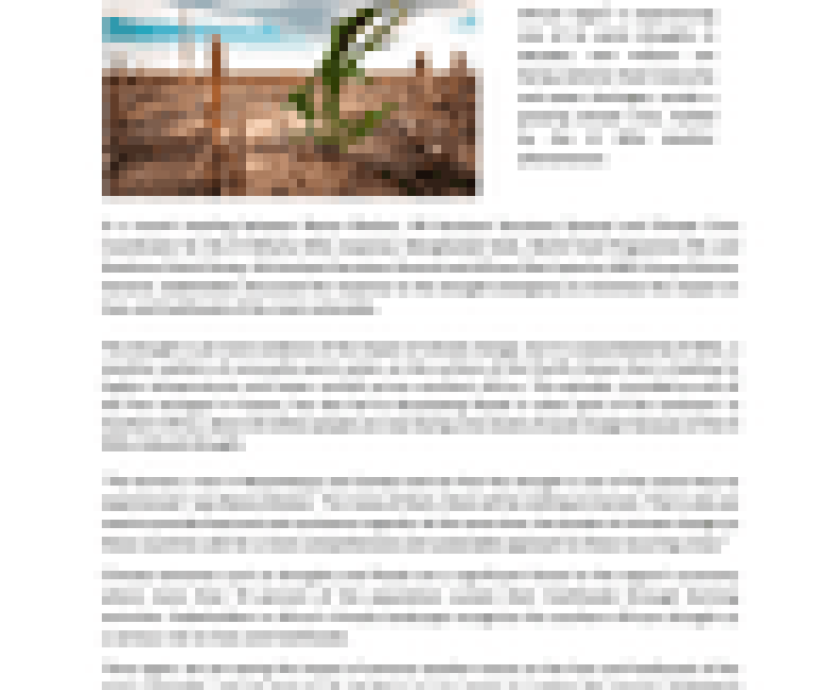Click to expand Image
UN humanitarian aid trucks enter northwest Syria through the Bab al-Hawa border crossing with Turkey on June 1, 2021.
© 2021 Associated Press
In less than two weeks, the 15 members of the United Nations Security Council will make a decision that affects the lives of more than 4.1 million people in northwestern Syria: whether to allow the UN and its partners to continue providing lifesaving humanitarian aid to Syria from across its border with Turkey.
More than ten years of conflict have fragmented Syria, decimating its infrastructure and social services in ways that harm people’s rights. Together with its crumbling economy, this has left millions of people reliant on aid. UN Aid Chief Martin Griffiths told Security Council members last week that cross-border aid must continue, and that the number of Syrians in need is higher today than at any point during the war, which has stretched on for more than a decade. UN Secretary General Antonio Guterres concurred, adding, “People are living on the brink, no longer able to cope.”
In 2020, Russia, a permanent member of the Security Council with veto power, forced the Council to shut down three of the four previously authorized border crossings, entirely cutting off UN cross-border aid for Syria’s northeast and making it more difficult to distribute aid in the northwest. Only the Bab al-Hawa border crossing, between Syria’s Idlib governorate and Turkey’s Hatay Province, remains open.
The Syrian government has long obstructed what is known as cross-line aid, assistance that moves across front lines from government-held parts of the country into non-government-controlled territory. Over the past year, the UN has only managed to send five convoys from government-controlled areas into northwest Syria with nutrition, health, food, and education supplies, a drop in the ocean compared to the staggering number of Syrians needing humanitarian assistance to survive.
Security Council members should vote to keep open the Bab al-Hawa border crossing, a lifeline to civilians in northwest Syria, for at least another year. As the leaders of 32 humanitarian organizations warned earlier this month, shutting it down would be devastating. In addition to keeping this crossing open, on July 11, Security Council members should also consider expanding humanitarian access by authorizing additional crossings that would more effectively service Syrians in other areas, as they desperately need assistance.
The UN should act decisively to meet this need. The lives of Syrian men, women, and children depend on it.



